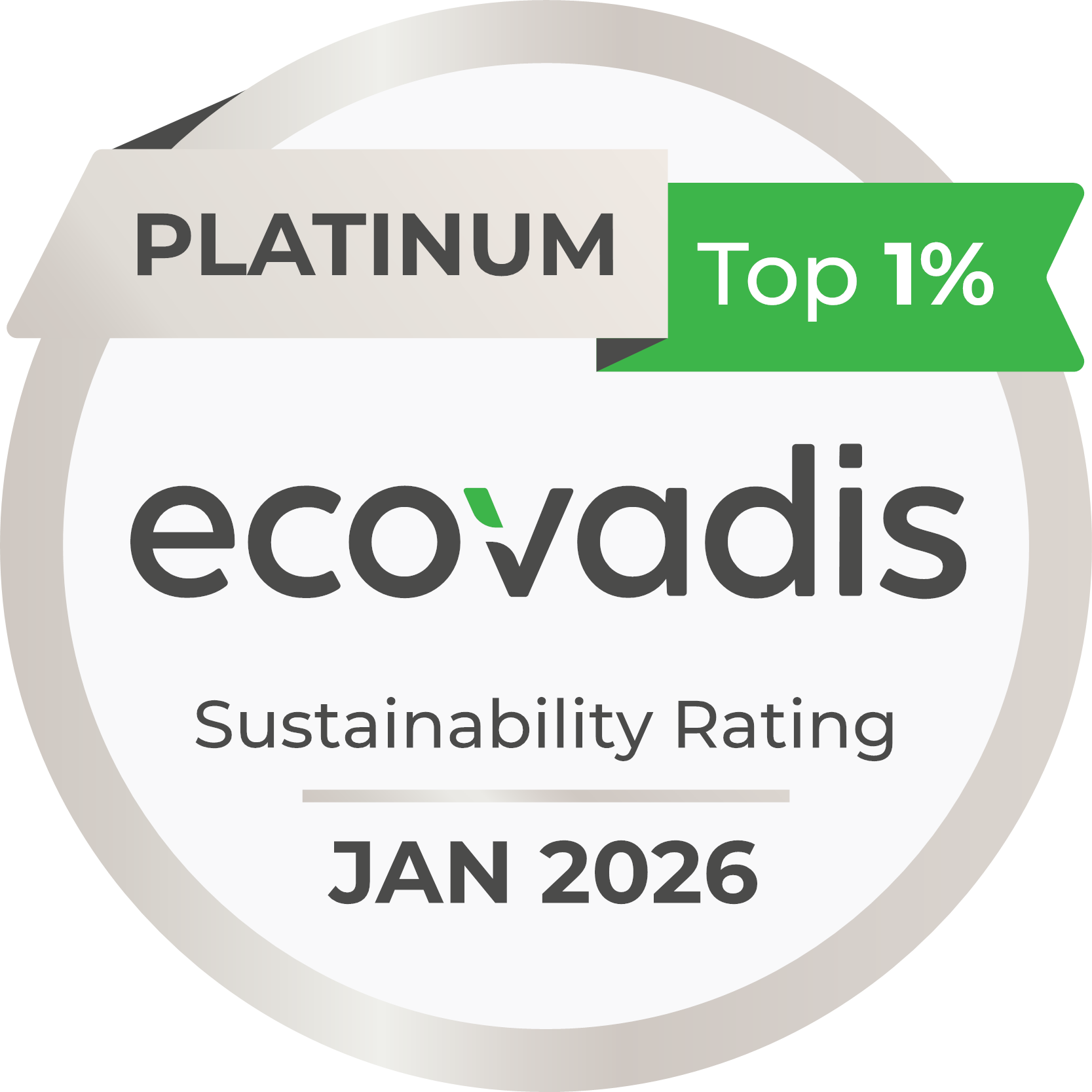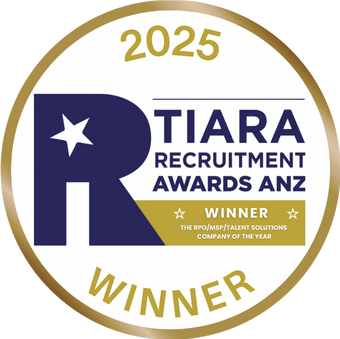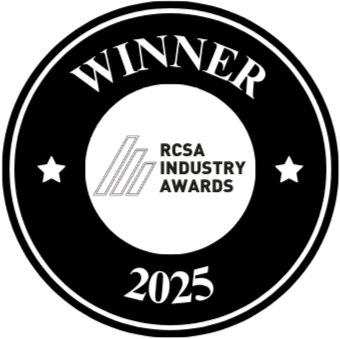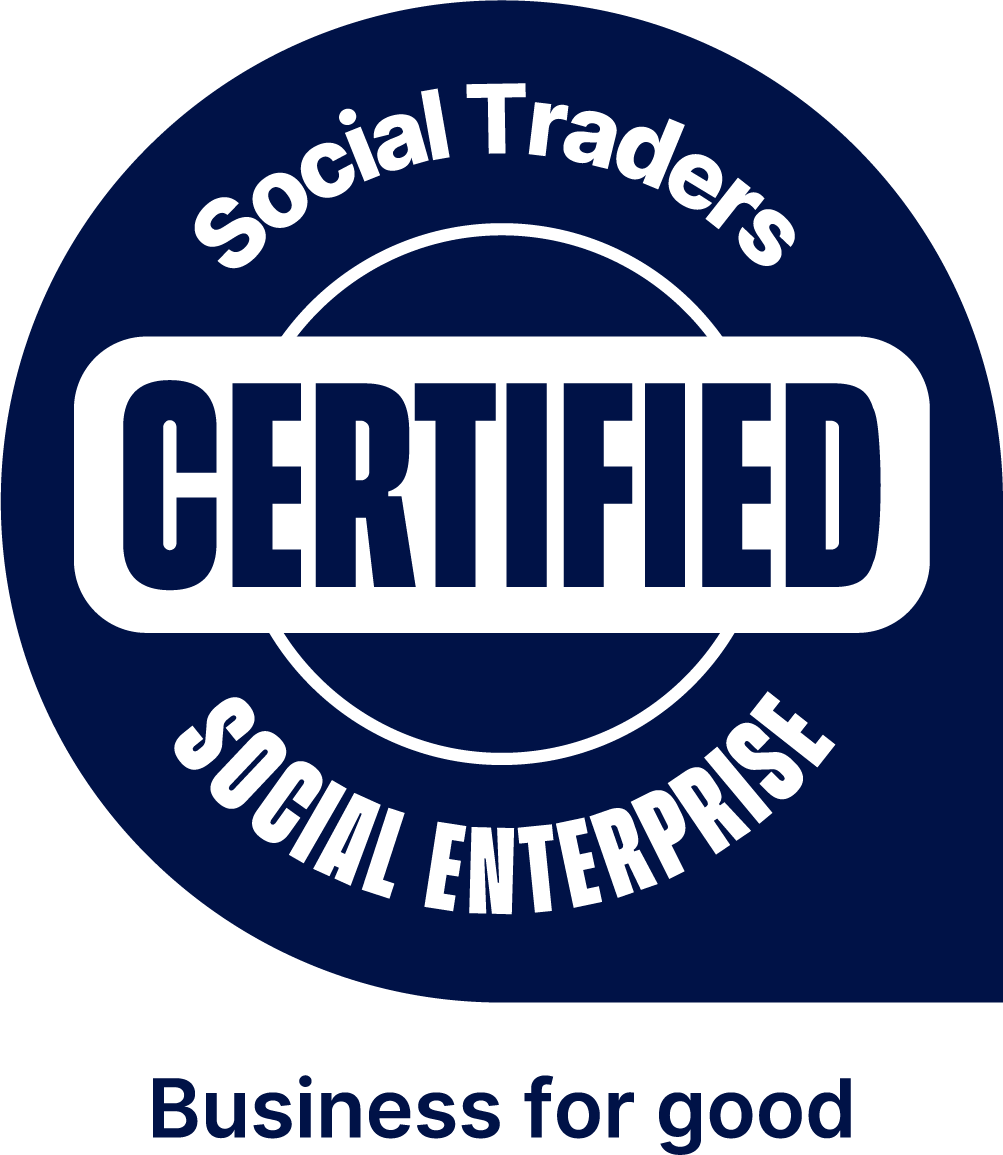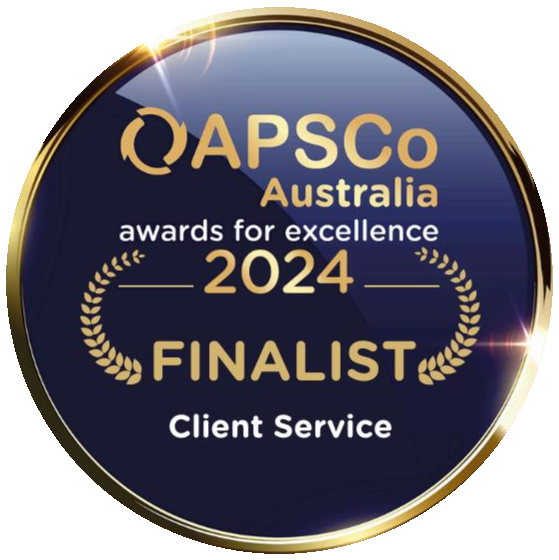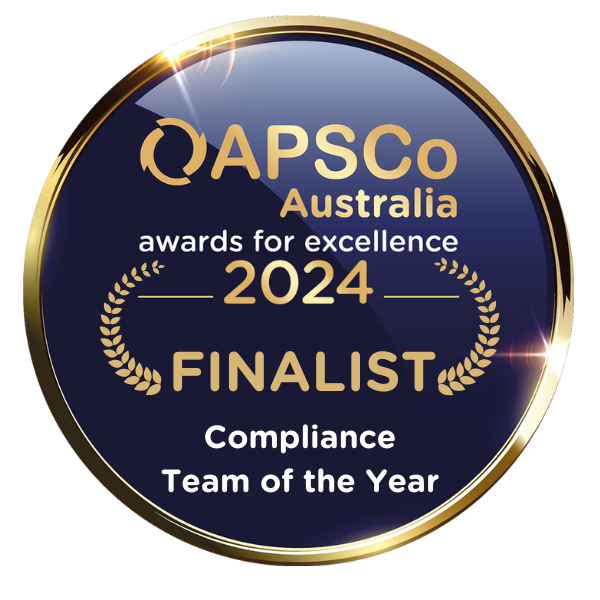Here at Chandler Macleod People Insights we often talk about personality assessment and psychometric assessment, and why they’re important for job performance. Because this is our area of specialty, we can sometimes use a different vocabulary to others. So, here’s a quick run-down on why psychometric assessment is important.
When we talk about psychometric assessment, we base our opinions on scientific studies. We typically look at the correlation between different things (the correlation is just a number that goes from 0 to 1 and indicates the strength of the relationship).
Here are some correlations between different selection methods and job performance (Saville Consulting, 2009; Schmidt & Hunter, 1998).
- General mental ability .56
- Personality assessments .49
- Job experience .18
- Reference checks .26
- Unstructured employment interviews .38
Important takeaway here: general mental ability and personality predict job performance better than ‘traditional’ methods. But, they’re best when they’re used together with traditional methods – the more information you can gather about a candidate the better.
What Do Those Numbers Mean?
“Ok, but, those numbers mean nothing to me…” We totally get that. So, here’s some other correlations for comparison (from Meyer et al., 2001).
- Smoking and subsequent incidence of lung cancer within 25 years .08
- Antihistamine use and reduced runny nose and sneezing .11
- Effect of aspirin or ibuprofen on pain reduction .14
- Extent of brain tissue destruction on impaired learning behaviour in monkeys .17
- Pap smear and detection of cervical abnormalities .36
Wow, kind of surprising how low these correlations are right? Especially considering you’d quit smoking to reduce your risk of lung cancer, take an ibuprofen if you have a headache, and make sure to get your pap smear regularly.
Important takeaway here: The correlations between psychometric assessments and job performance are bigger than other things we take for granted.
That’s Interesting, But What Does That Have To Do With Business Outcomes?
“Well, those correlations look pretty big when you look at it like that. But what value does that add to businesses? Psychometric assessments aren’t free, so how does this affect our bottom line?”
That’s a great question, thank you for asking. That’s something we can actually estimate! Unfortunately, the answer is ‘it depends’. It depends on things like: how many people you put through assessment, how many people you are selecting, the average and range of work performance for employees, and the average tenure of the employees.
Here’s an example: If you put 10 people through psychometric assessment, but are intending on recruiting 9 of them, you don’t have much choice no matter what you do – psychometric assessment will only help you identifying the person who is likely to be the worst performer. However, if you put 10 people through psychometric assessment, and you only want to recruit the best one, you have a lot more options.
If you want to play around with some numbers, here’s a handy calculator
But Wait, There’s More!
So far, this is just talking about straight, traditional job performance. But psychometric assessment actually predicts a lot more important work outcomes.
Using personality as an example, here’s a list of some of the relationships between personality and work outcomes that have been investigated in meta-analyses (a kind of king study that combines a bunch of smaller ones). This list is by no means exclusive:
- Job satisfaction (e.g., Judge, Heller, & Mount, 2002),
- Workplace deviance (e.g., theft, abuse; Berry, Ones, Sackett, 2007),
- Positive organisational behaviours (e.g., putting in extra effort, saying positive things about the organisation; Chiaburu, Oh, Berry, Li, Gardner, 2011),
- Leadership effectiveness (Judge, Bono, Ilies, & Gerhardt, 2002),
- Leadership emergence (Judge, Bono, Ilies, & Gerhardt, 2002),
- Team performance (Peeters, Van Tuijl, Rutte, & Reymen, 2006),
- Motivation to learn (Colquitt, LePine, & Noe, 2000),
- Procrastination (Steel, 2007),
- Sales performance (Vinchur, Schippmann, Switzer, & Roth, 1998),
- Turnover (Zimmerman, 2008), entrepreneurship (Zhao & Seibert, 2006),
- Workplace accidents (Clarke & Robertson, 2005).
- Personality (and other psychometric assessments) predict important workplace behaviours which have an impact on colleagues, subordinates, and ultimately the business’s bottom line











